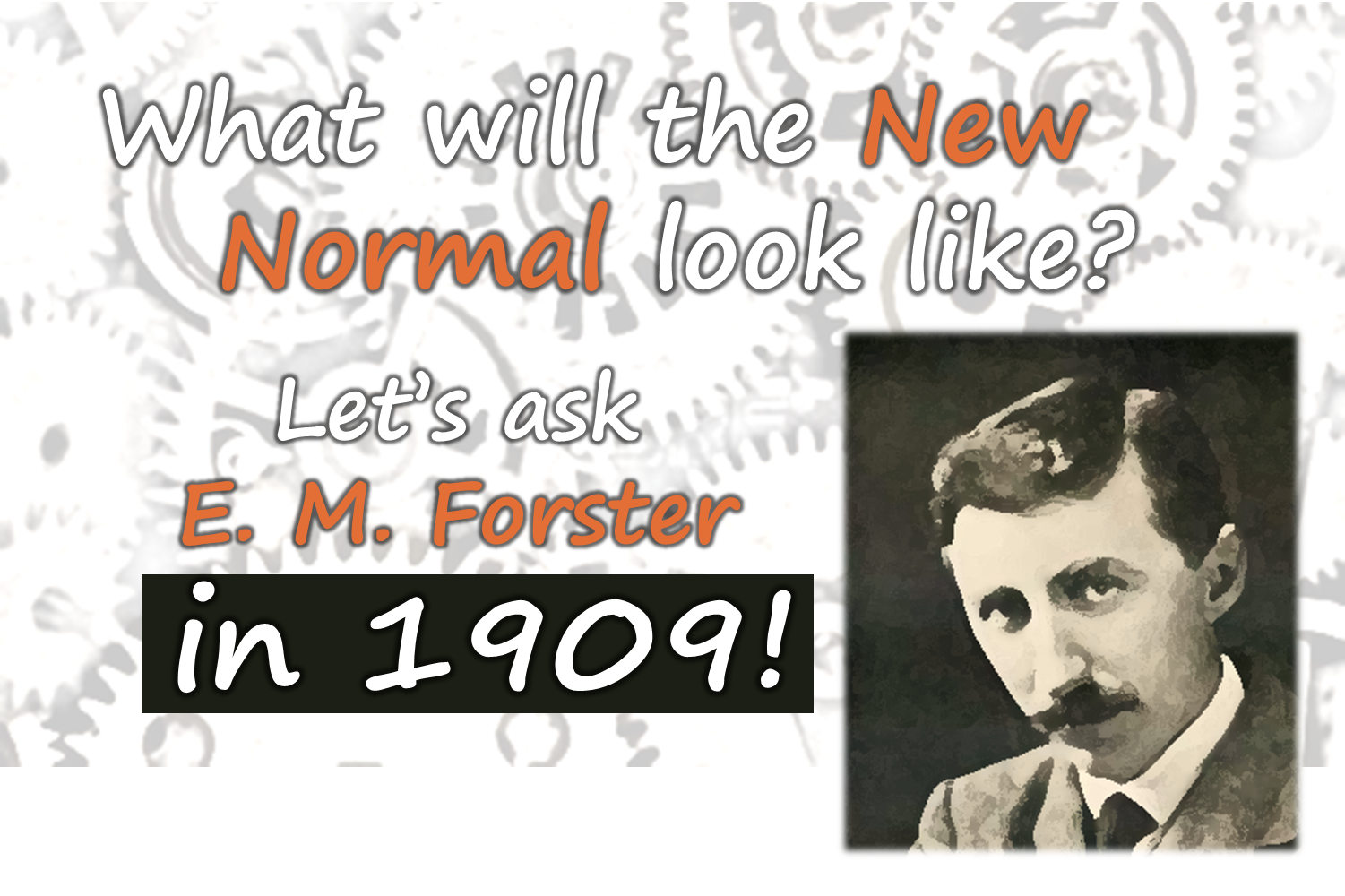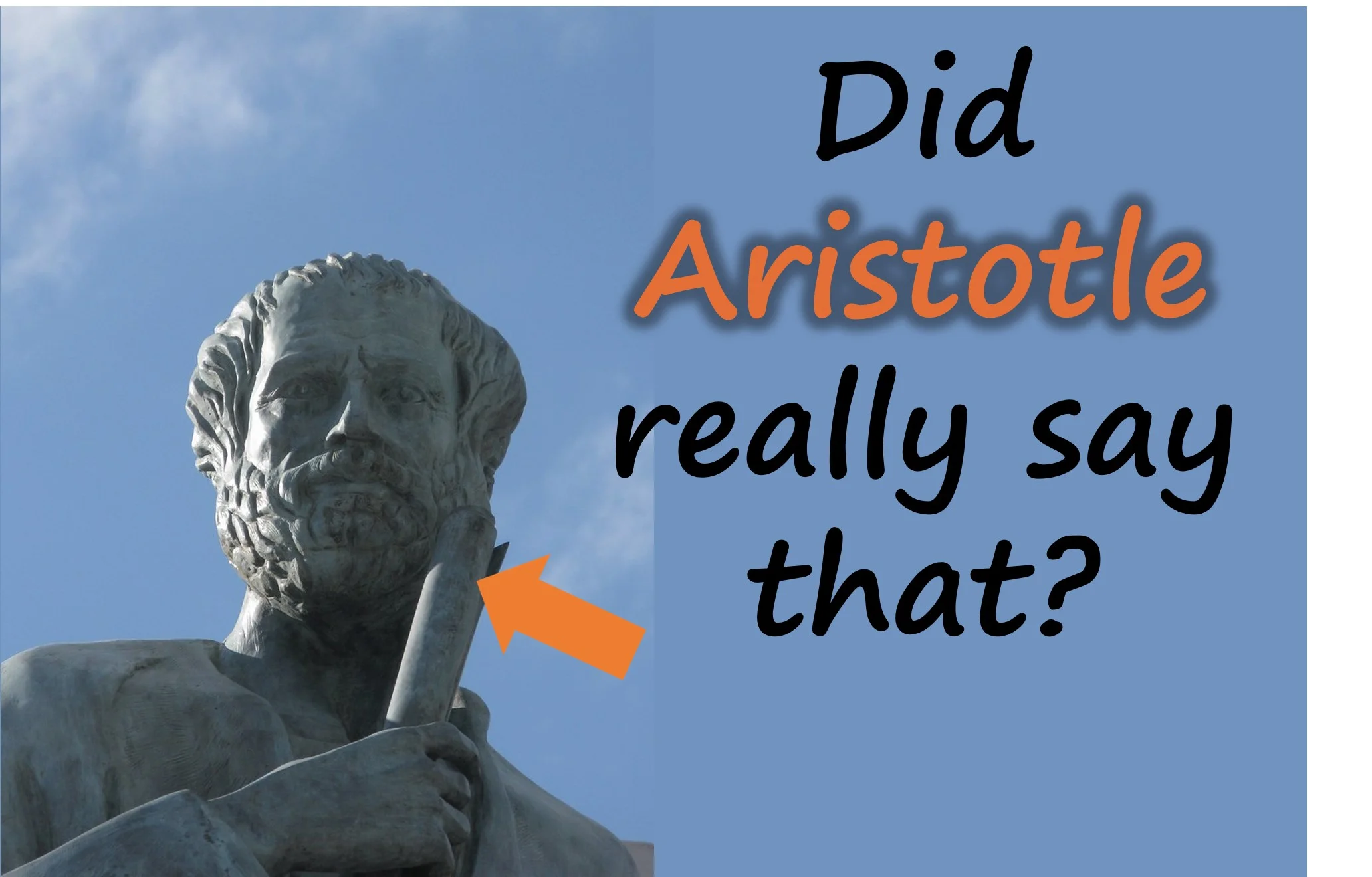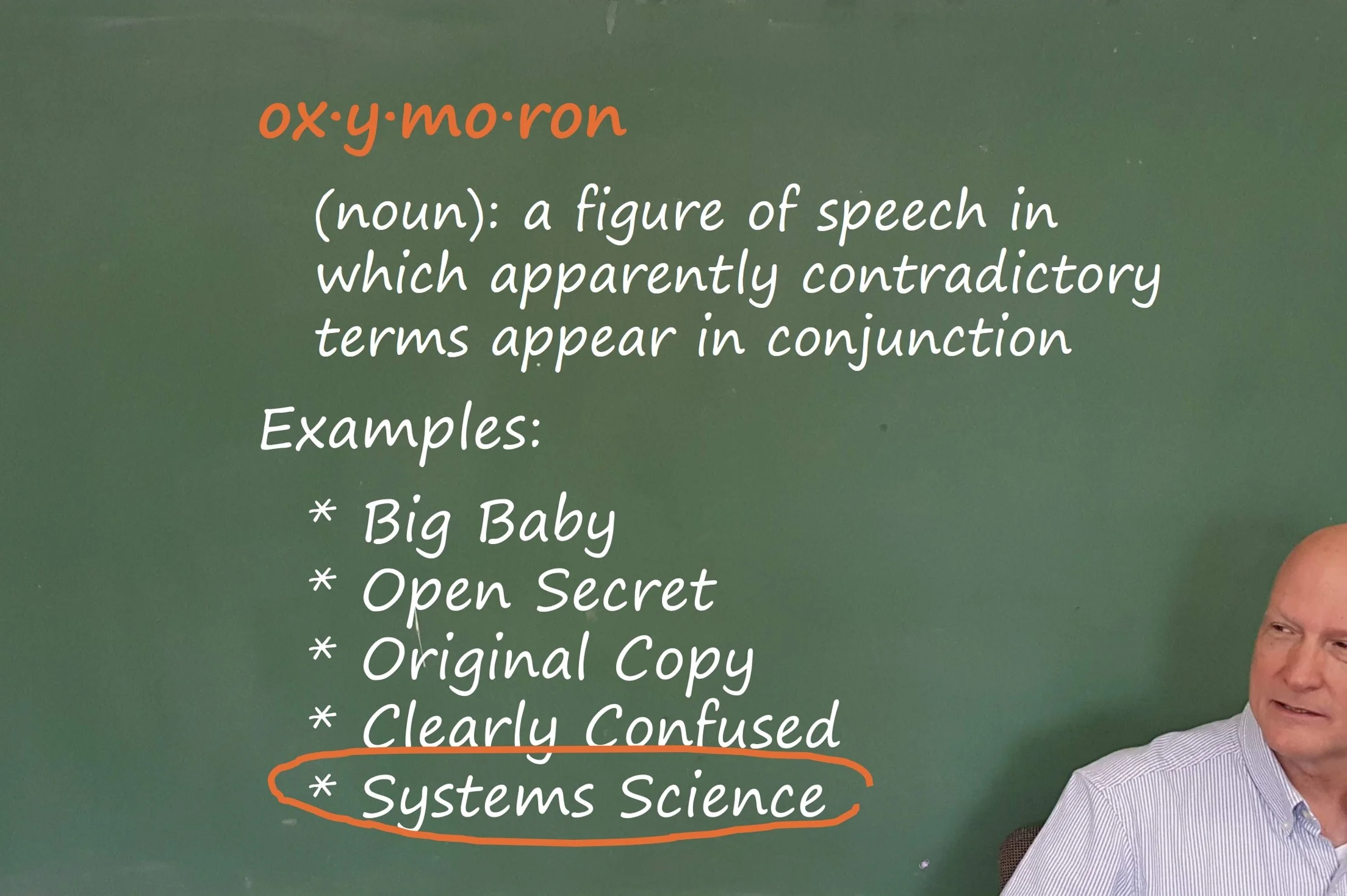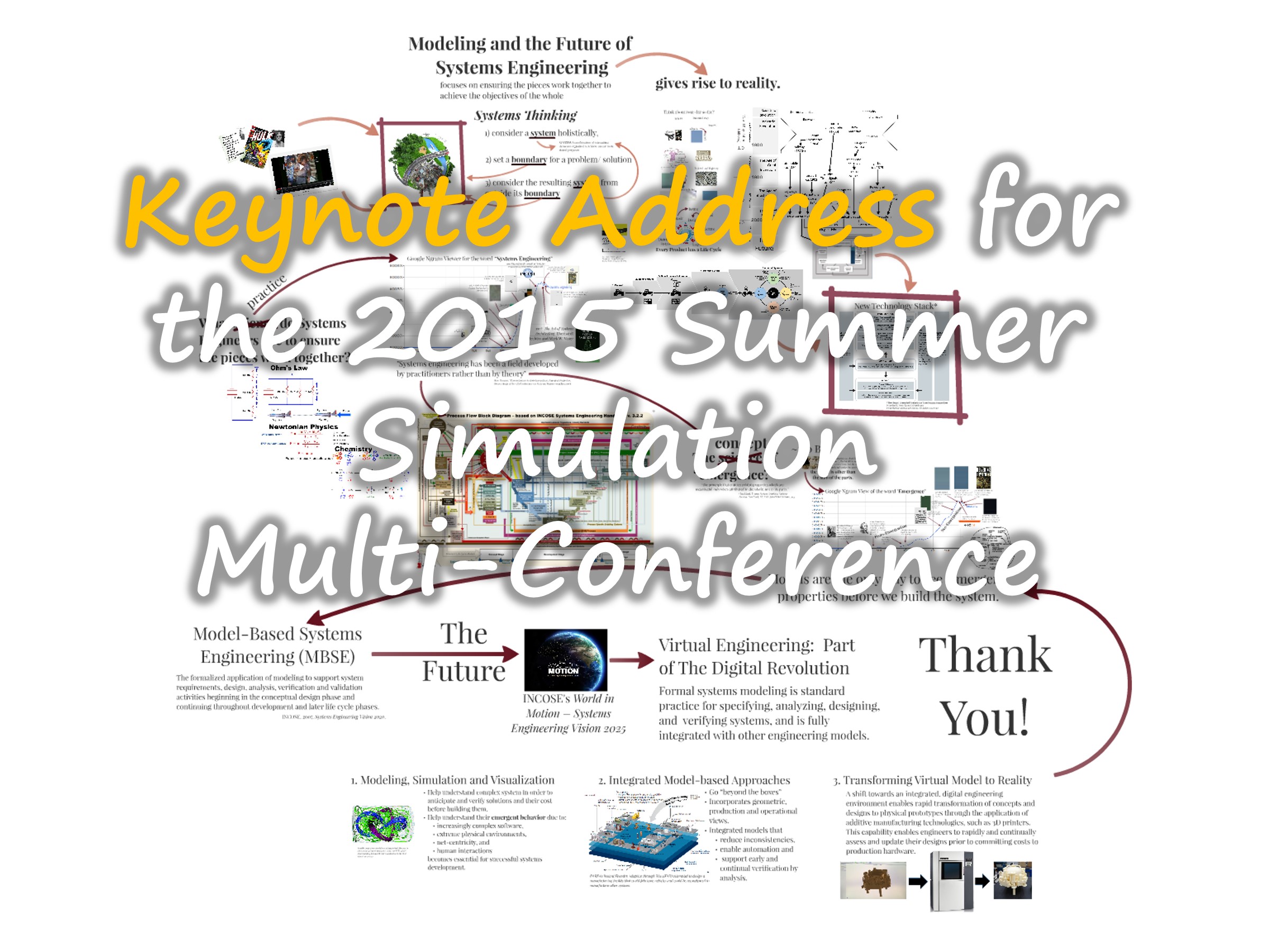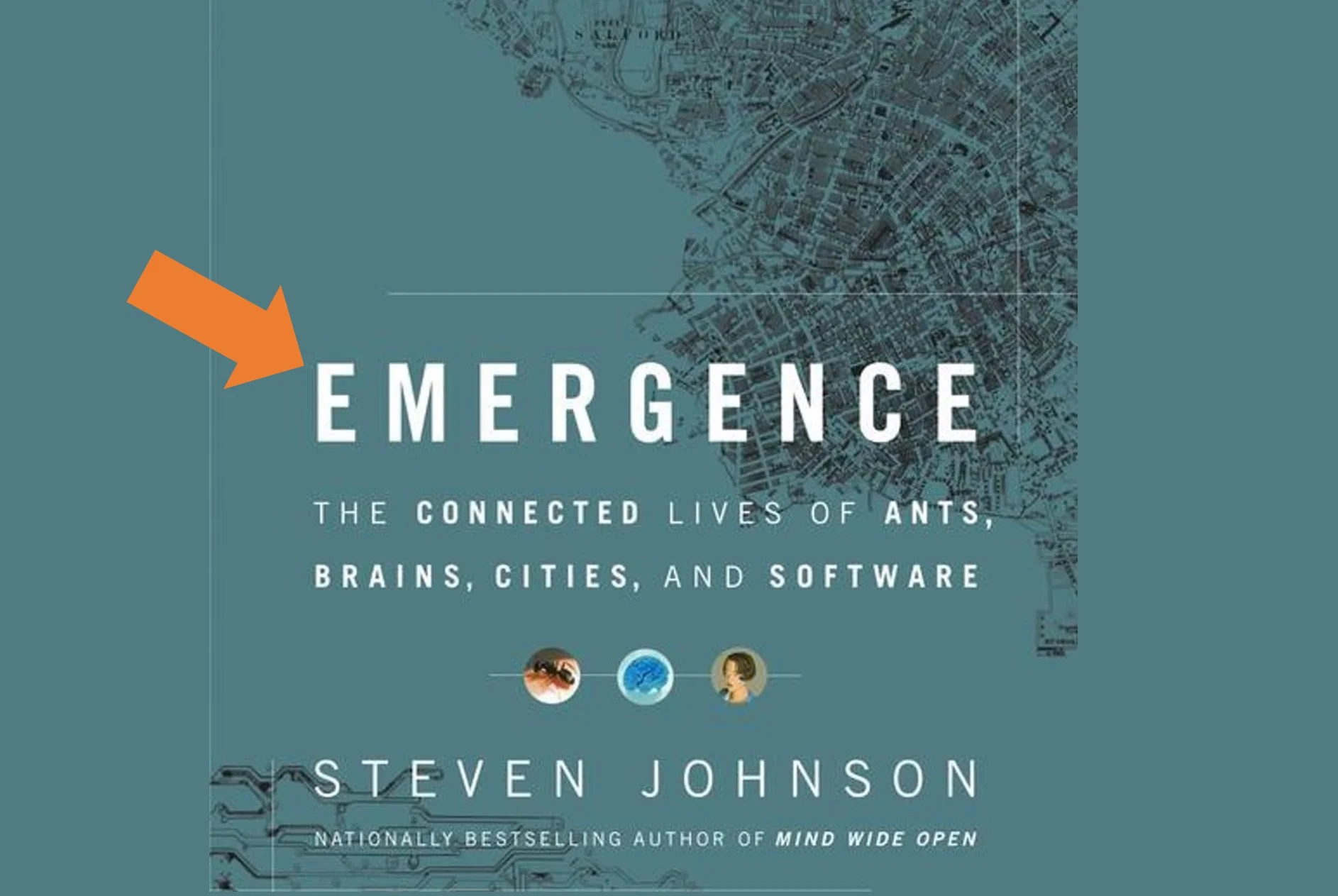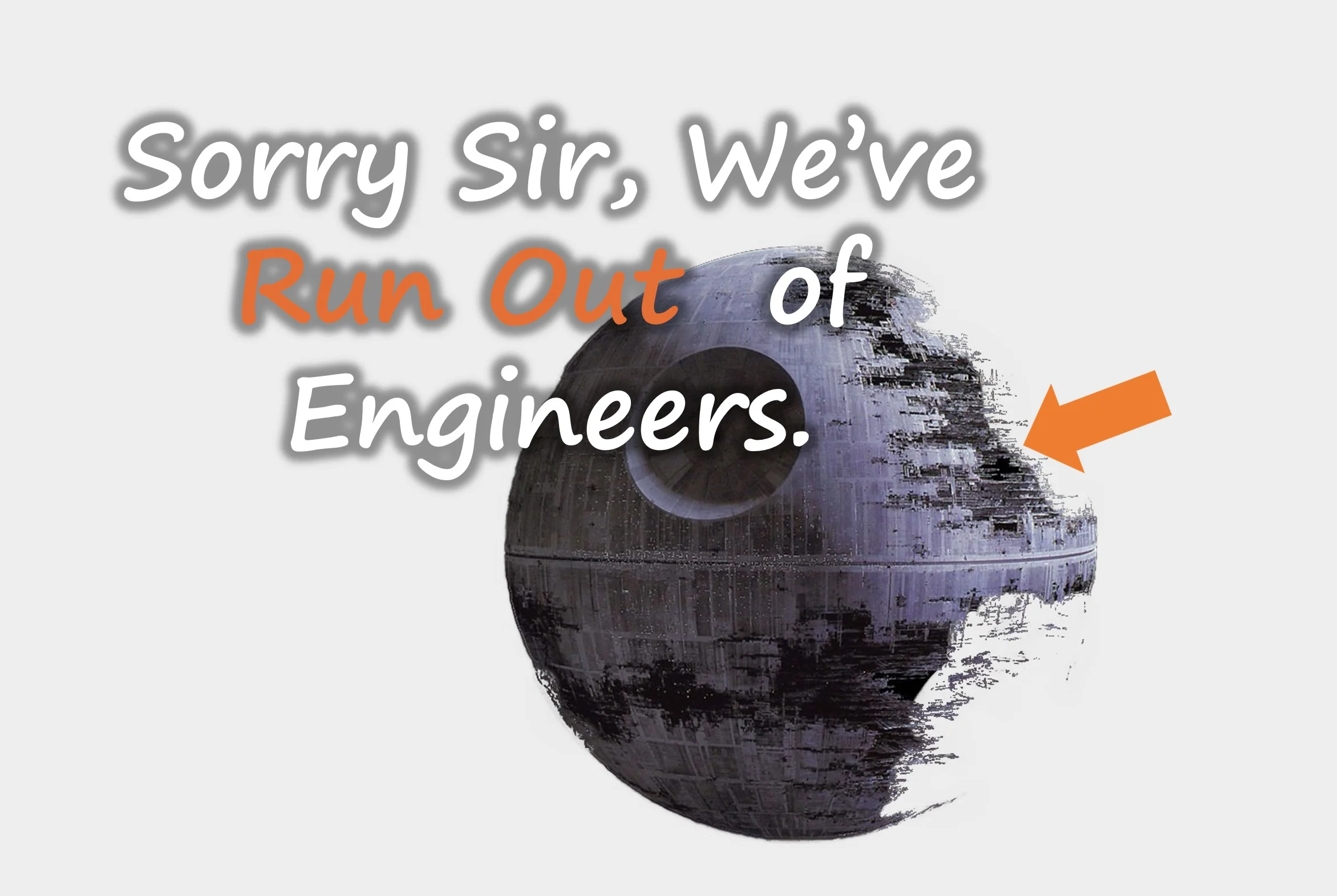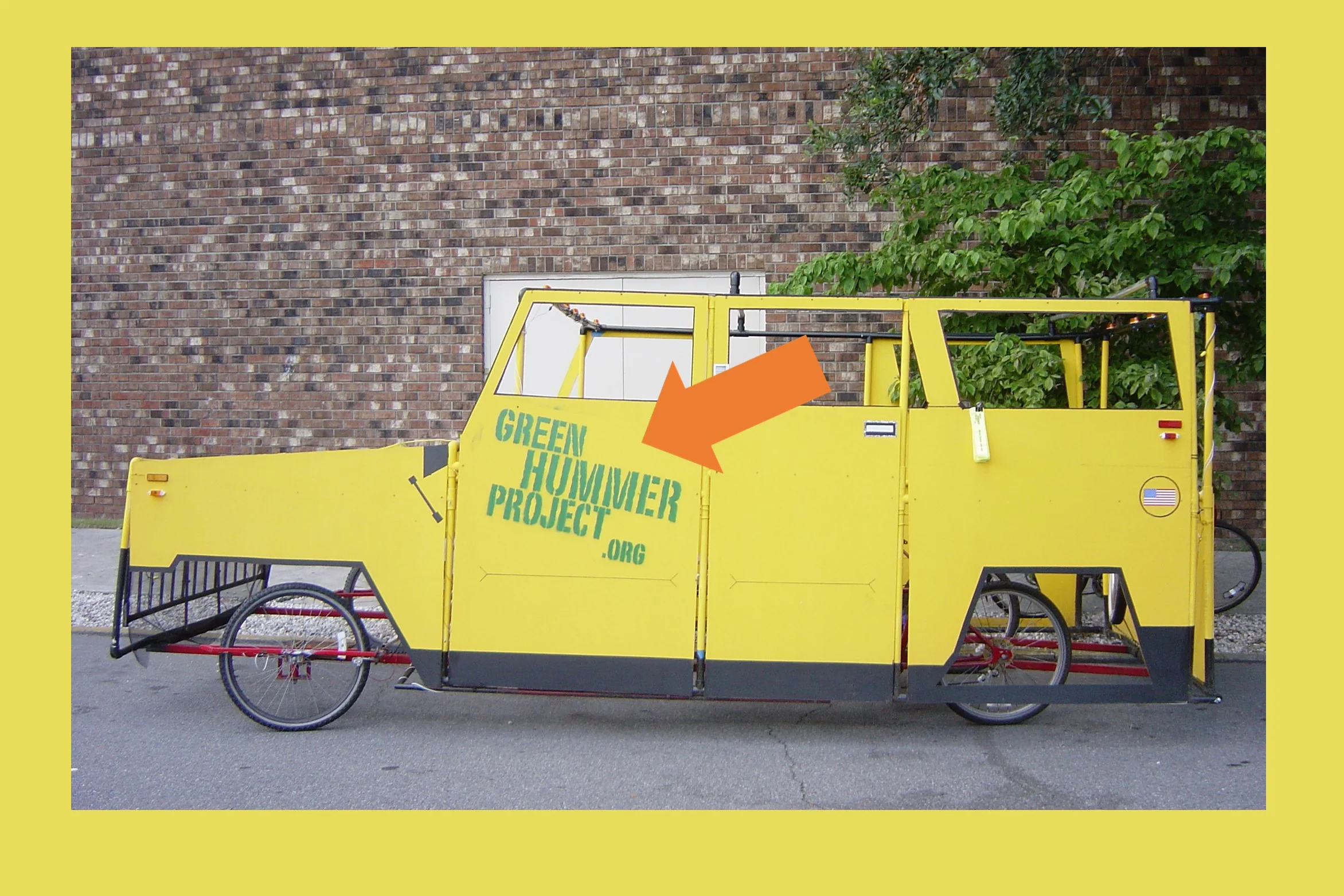Science Fiction Novel or your Systems ConOps - one in the same?
Take a new technology and explore the way it impacts those who use it or are impacted by it. Is that the definition of Science Fiction or the ConOps you’re writing for the new system you’re developing? I postulate that it’s both. I think you should consider your ConOps as your latest Science Fiction novel. At least that’s what I tell my students in my Graduate Classes at UMBC. “Take your ConOps and write it like a SciFi novel. Take your System and place it into the world and describe how it will be used. Ask yourself: What impacts will it have on the organization that will be using it? Will society-at-large be effective? If so … How? Use your imagination and be a futurist.”
So here’s an assignment for you: What will our future culture look like if this Pandemic becomes permanent? Be a futurist and ask yourself - What if the System we devised to keep people safe became a fixture of our society? I’m talking about the System of Safety Protocols - Social Distancing - Stay at Home when possible - Wear protective gear -- Wash your hands. Could we devise a technological solution to help us in these areas?
Over a hundred and ten years ago - Edward Morgan Forster had come up with a Futuristic world that could actually be used to enact our new System of Safety Protocol. He called it “the Machine.”
E.M. Forster - SciFi Genius?
E. M. Forster was famous for his novels A Room with a View (1908), Howards End (1910) and A Passage to India (1924) - all were very successful and all were made into popular epic historical drama films in the 1980’s and 90s. But none of them dealt with Science Fiction or even the Future. They were all period pieces, looking longingly at simpler times.
The famous novels of E. M. Forster - No Science Fiction to be found here!
And yet he published a short story for The Oxford and Cambridge Review in 1909 that predicted webinars, video conferencing, instant messaging and the Internet. It was his first and only foray into the “Scientific Romance” genre (which was the precursor to the modern “Science Fiction'' genre). Although this short story is about as far from being Romantic as one can get. It is a harrowing story of how technology can slowly destroy our humanity as we give ourselves over to its seductive power. And he postulates that all technology will be interlinked and interconnected into one system called “the Machine.” He then extrapolates that once we have given ourselves over completely to the conveniences of “the Machine” that when the system fails (and it will FAIL), it will end civilization altogether. So it is a very dire story and does not end happily.
Forster most likely wrote this piece in response to H.G. Wells and Jules Verne novels that celebrated scientific innovations as a way to advance a more utopian society. But Forster tries to show utopia can never be achieved with technology alone. We need to include in any utopia a dependence on the earth, our own physical capabilities, and an actual physical connection to each other.
© Quill Sang - a digitally modified watercolor and pen piece inspired by E.M. Forster's 1909 “The Machine Stops,”
The story, “The Machine Stops,” is short and simple. A mom (Vashti) gets a call from her son (Kuno) and asks her to visit him on the other side of the planet. At first, she is very reluctant to leave her small underground hexagonal room and having the “terrors of direct experience.” She relents however and takes the “the most terrible journey.” When she finally meets her son she exclaims, that the trip “greatly retarded the development of my soul. It is not worth it, Kuno, it is not worth it. My time is too precious.” But she stays long enough to hear Kuno tell a fantastical story of his finding a way to the surface of the earth, seeing the world with his own eyes, but it wasn’t long until his adventure was cut short when he was dragged back down into the Machine by the Mending Apparatus. After hearing “his blasphemies,” Vashti returns home and normalcy. Until the end when the Machine breaks and they all die. The end. Like I said - a depressing story.
But let’s not talk about the plot but take a deeper look into the World Foster created and “the Machine” he envisioned. Especially in light of today's System of Safety Protocol. My contention is that we can create a ConOps with this System of Safety Protocol in place, it will look a lot like the E. M. Forster’s Machine.
What would “the Machine” ConOps look like?
Social Distance Yourself
All gatherings will now be done by Video Conferencing
“The clumsy system of public gatherings had been long since abandoned; neither Vashti nor her audience stirred from their rooms. Seated in her armchair she spoke, while they in their armchairs heard her, fairly well, and saw her, fairly well.” -- An apt description of a “webinar” as our main protagonist delivers a short lecture on “Music during the Australian Period”.
No Physical Touching
“People never touched one another. The custom had become obsolete, owing to the Machine. … She was too well-bred to shake him by the hand.” -- Just substitute “the Machine” with “the Pandemic” and it reads like a description of our present circumstance.
Stay Clean
“There was the hot-bath button, by pressure of which a basin of (imitation) marble rose out of the floor, filled to the brim with a warm deodorized liquid. There was the cold-bath button.” -- When it comes to washing your hands - make it as easy as pushing a button.
Stay at Home as much as possible
Make the home self-sufficient
“There were buttons and switches everywhere - buttons to call for food for music, for clothing. ... There was the button that produced literature. And there were, of course, the buttons by which she communicated with her friends. The room, though it contained nothing, was in touch with all that she cared for in the world.” -- The very definition of a smart house. Of course, we now would have Human-computer interface and voice commands, but the spirit is the same. Remember this was 1909 when Computers were people who did calculations, not the Computers we have now that are embedded into everything. Even Forster couldn’t imagine such a fantastic scenario.
Have things come to you
“And of course she had studied the civilization that had immediately preceded her own - the civilization that had mistaken the functions of the system, and had used it for bringing people to things, instead of for bringing things to people” -- Sounds like a description of Amazon’s business plan to me, and exactly what people are doing during this crisis.
Avoid Travel
“Vessel after vessel would rise from the vomitories of Rye or of Christchurch (I use the antique names), would sail into the crowded sky, and would draw up at the wharves of the south - empty.” and “The passengers sat each in his cabin, avoiding one another with an almost physical repulsion and longing to be once more under the surface of the earth.” All the passengers had official reasons to be on a trip, “Vashti alone was travelling by her private will.” and “air-ships had somehow worked themselves into the Machine's system. But year by year they were used less, and mentioned less by thoughtful men.” -- Forster world had a fully functioning Transportation System that was part of “the Machine” and yet was seldom used.
As you can see Forster’s “the Machine” ConOps is pretty convincing. But he included a few other warnings of the result of implementing his ConOps into the real world.
Unintended Consequences
The unaffordable gentrification of the whole world
“...thanks to the advance of science, the earth was exactly alike all over. ... What was the good of going to Peking when it was just like Shrewsbury? Why return to Shrewsbury when it would all be like Peking?” and “Vashti arrived at her son's room, which exactly resembled her own. ... The buttons, the knobs, the reading-desk with the Book, the temperature, the atmosphere, the illumination - all were exactly the same.” -- Here Forster foresees a worldwide gentrification process - 60 years before the word “gentrification” was even introduced into our language.
…the world, as they knew it, ended, lithograph, © 2008 Andrew Polk
The inherent complexity of such a vast Machine
“The better a man knew his own duties upon it, the less he understood the duties of his neighbour, and in all the world there was not one who understood the monster as a whole.” -- A prediction of the rise and complexity of the new “Systems Age.” And because it is vast and interconnected, with no one understanding how it works, when it breaks -- it can’t be fixed and all collapses.
Conclusion
So, Forster’s ConOp and SciFi Novel is worth considering when we ever wonder if things will get back to normal. Maybe it won’t but we may want to take Forster’s warnings to heart and develop a more positive ConOp for our future. Use your imagination and be a futurist.
READ the full text of the short story “The Machine Stops”
READ Oliver Sacks’s article in The New Yorker about modern life and “The Machine Stops”





